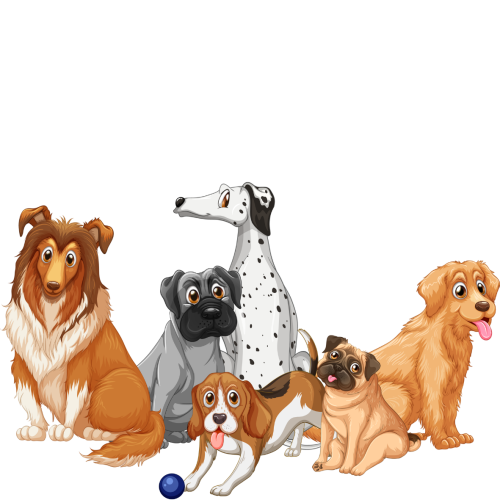Choosing the Right Breed
Posted on
Choosing the right breed for you and your family can be hard, especially when there are so many to choose from. When looking for the right breed for you and your family consider the following:
Size: What size dog do you go for? Big, small, or something in between? Your living situation should be a consideration when picking the size of your new family member. Do you live in a big house with a big garden? If so, you might go for a larger breed like a German Shepherd. Perhaps you live in a smaller house or flat with less outside space? In this case, smaller breeds might be the better option for you.
Cost: Any breed can be costly. Some things you need to consider are vet bills, including fleeing and worming. On top of this though you will also want to consider that certain breeds are more prone to certain health problems which may need regular attention. Grooming, some breeds will need more grooming than other breeds, which in the long run can also begin to add up. The amount of food your dog will require should also be considered, larger breeds will need more food than smaller breeds, which means you may have to buy a lot more.
Exercise: Different breeds have different energy levels which means the required exercise is going to be different for different dogs. Do you have the time and are able to exercises your dog regularly. Consider your lifestyle also. Are you someone who likes going for walks and needs a breed to matches that? If so, you might go for a breed such as a Border Collie that can match your energy levels. But you do also have breeds that have lower energy levels, which might be better suited to you and or your family.
Breed Traits: All breeds are different in terms of their breed traits, but remember every dog is their own individual. Especially for families with younger members, the most important factor to look at will be if the breed is known to be gentle with children and affectionate with family members in general. Other traits you may look for when picking a breed are how dog friendly is the breed likely to be, are they easy to train, how much mental situation will they need and what is the breeds tolerance to being left alone.
Charlotte - Behaviour Counsellor


